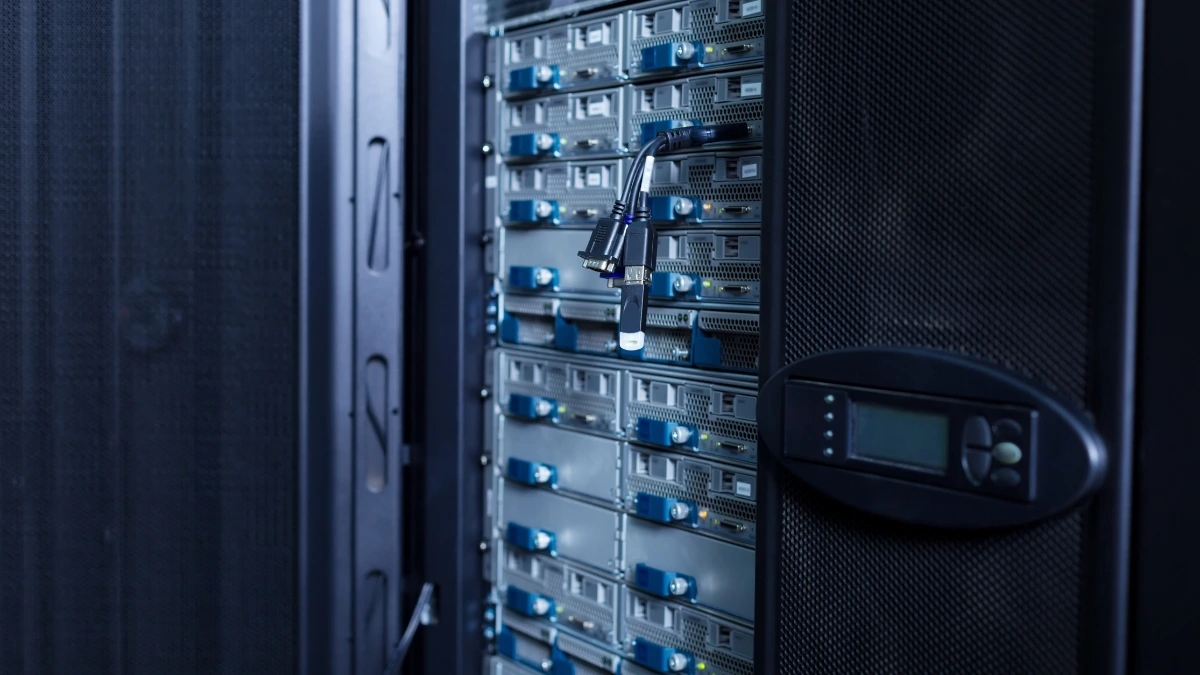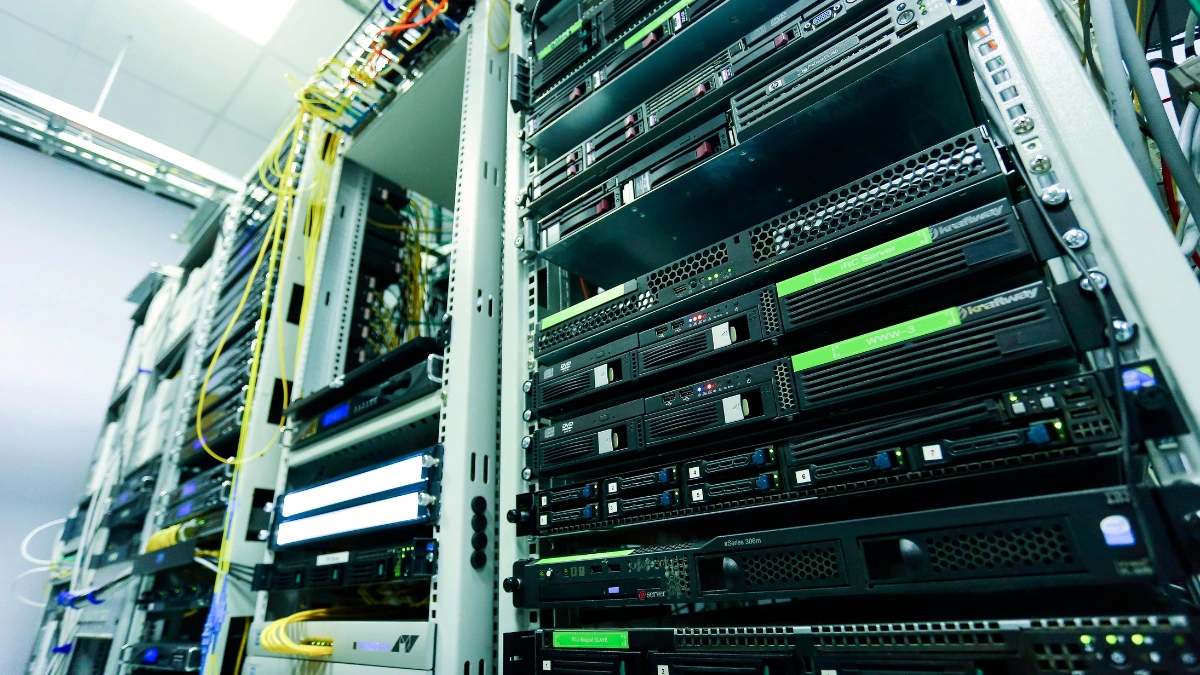To protect personal data from data coming in and out of the internet, a device is needed to protect it. This is where hardware firewall comes in to help improve network security.
With a hardware firewall, data in the company or personal data in your home can be guarded from external attacks for data theft or hacking attempts.
This article will provide in-depth information regarding hardware firewall, from the definition, how it works, its functions, applications, and regulations for its use in Indonesia.
What is a Hardware Firewall?

How Does it Work?
In simple terms, a hardware firewall works by checking incoming and outgoing data. If the data is safe, it will be allowed to enter, but if it is deemed unsafe, the data will be rejected. Here is how it works in detail:
- Checking data packets: The firewall will check the data packets sent over the network.
- Determining security rules: Determines what rules to use, such as blocking IP access or restricting application usage.
- Controls incoming and outgoing traffic: Controls the direction of data traffic, either from within the network or from outside the network.
Modern firewalls feature Deep Packet Inspection (DPI), which allows the device to read down into the contents of packets. It can even block viruses or suspicious activity through the built-in Intrusion Prevention System (IPS) and antivirus system.
The Functions

Hardware firewalls that are gatekeepers between internal and external networks have several functions. Here are some of its main functions:
1. Protecting the network
One of the main functions of firewall hardware is to protect the network. This device serves as a physical barrier that separates the internal network and the external network to prevent threats from entering the network.
2. Filtering data traffic
Filtering data traffic is one of the functions of firewall hardware. Data that passes through this device is ensured to be safe and under the rules for entering the internal system.
3. Controlling access
Hardware firewalls also function to control access. This device can allow or block access according to predetermined security, such as IP addresses, ports, and protocols.
4. Attack prevention
Hardware firewalls are capable of detecting various types of attacks, such as hacking attempts or the spread of malware. After detecting a possible attack, this device will prevent it automatically.
5. Monitoring security
Another function of a hardware firewall is to monitor network security. By logging network activity and providing useful information to network administrators, security monitoring will improve.
The Example of Applications
The following are examples of hardware firewall applications in various scenarios:
- Enterprise network protection: Large and medium-sized enterprises often use these devices to secure their networks from cyberattacks.
- Server protection: These devices can be placed in front of servers to protect them from attacks.
- Cloud protection: Can be used to protect cloud infrastructure to help keep stored data safe from outside attacks.
- Home network protection: Can be deployed in wireless routers to protect home networks from the internet and protect personal data.
Regulation in Indonesia

The hardware firewall uses wireless communication technologies that operate within a specific frequency spectrum. In Indonesia, a wireless device is required to have a DJID (Directorate General of Digital Infrastructure) under the Ministry of Communication and Digital (KOMDIGI).
Hardware firewall regulation is based on Ministerial Decree (KEPMEN) No. 60 Tahun 2022 for hardware firewall, which requires all radio frequency-based devices to meet specific technical standards before being sold in the country.
The DJID certification ensures that the product meets government safety and quality regulations and does not interfere with other communication devices. The certification process involves technical testing, such as frequency adjustments, safety checks, and compatibility with the surrounding environment.
Once the tests are completed, products that pass are listed in a Test Result Report, which confirms that the product is safe and ready for sale in Indonesia. This report reassures customers that the product meets technical standards and is secure.
For companies wanting to sell hardware firewalls in Indonesia, we are available to assist with this process. This service includes preparing technical and legal documents, conducting required testing, ensuring compliance with regulations, helping companies streamline the certification process, and giving consumers confidence in certified products. [UN].

